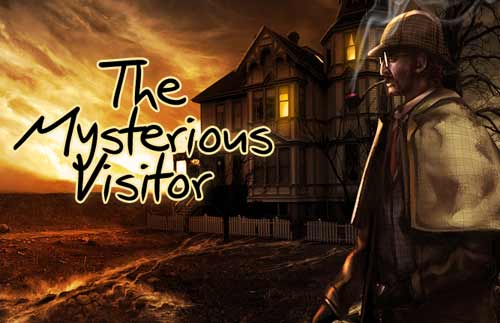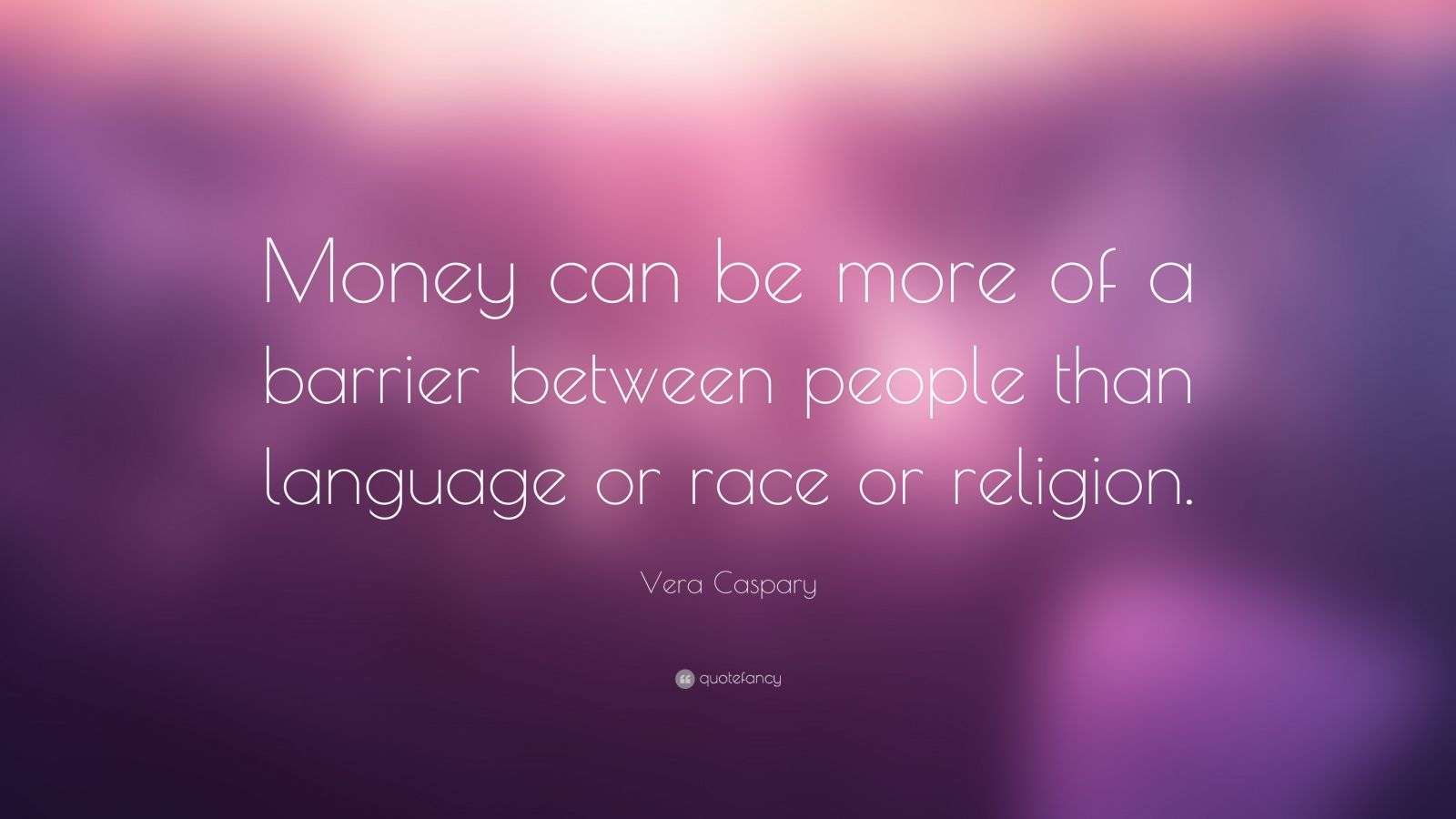
George Teasdale
https://content.ldschurch.org/overlandtravels/bc/Pioneer%20Photos/Pioneers%20T/Teasdale_George-1831_PH%201700%204339_f0001_i0001_00001.jpg
Apostle George Teasdale stated not to come to the temple if the
Saints were doing what?
a.
Not paying tithing
b.
Not attending their meetings
c.
Not obeying the word of wisdom
d.
Wearing the fashions of the world
Yesterday’s answer:
A The Lion house
Such endowments for the living had been first administered in
Joseph Smith’s Red Brick Store in Nauvoo in 1843 and shortly thereafter in the
Nauvoo Temple. They were later bestowed in the Salt Lake Council House and in
the Endowment house. Neither place, however, was considered a true temple, and
both were mere stepping-stones to something greater. Speaking at the dedication
of the Council House, Brigham Young admitted such when he declared, “It is
absolutely necessary that we should have a temple to worship the Most High God
in. A Tabernacle is to assemble the multitude for meetings but a Temple is to
gather the priesthood in that they may do the work of the Lord. . . . Is there
a place prepared to go and redeem our dead? No there is not. We give Endowments
here, but it is like trying to step on the top round first. . . . We do these
things until we have time to build a Temple.”
“Which is the Wisest Course,” The Transformation in Mormon Temple
Consciousness, 1870-1898. Richard E. Bennett, BYU Studies Vol. 52, No.
2, 2013, 20.









